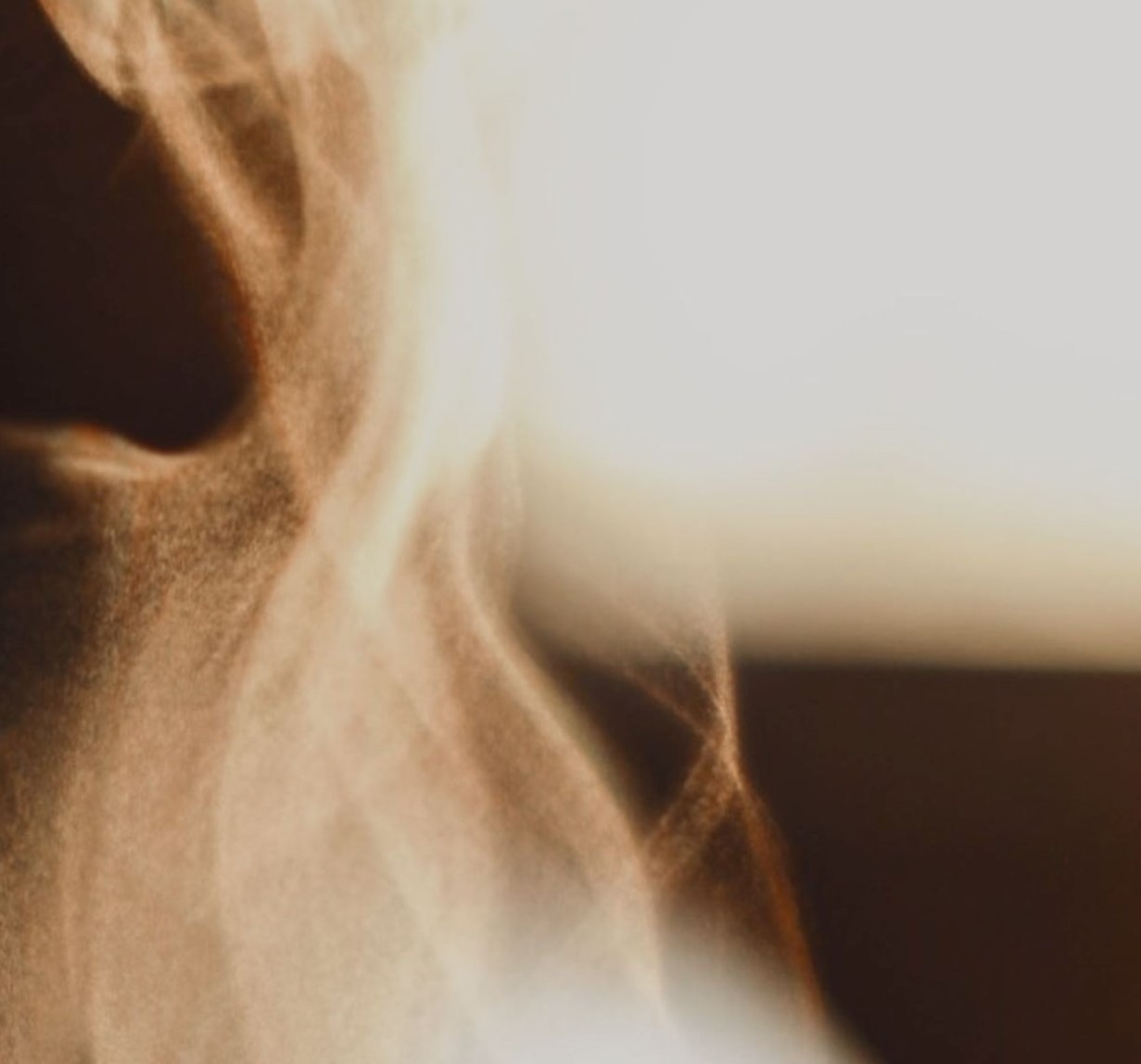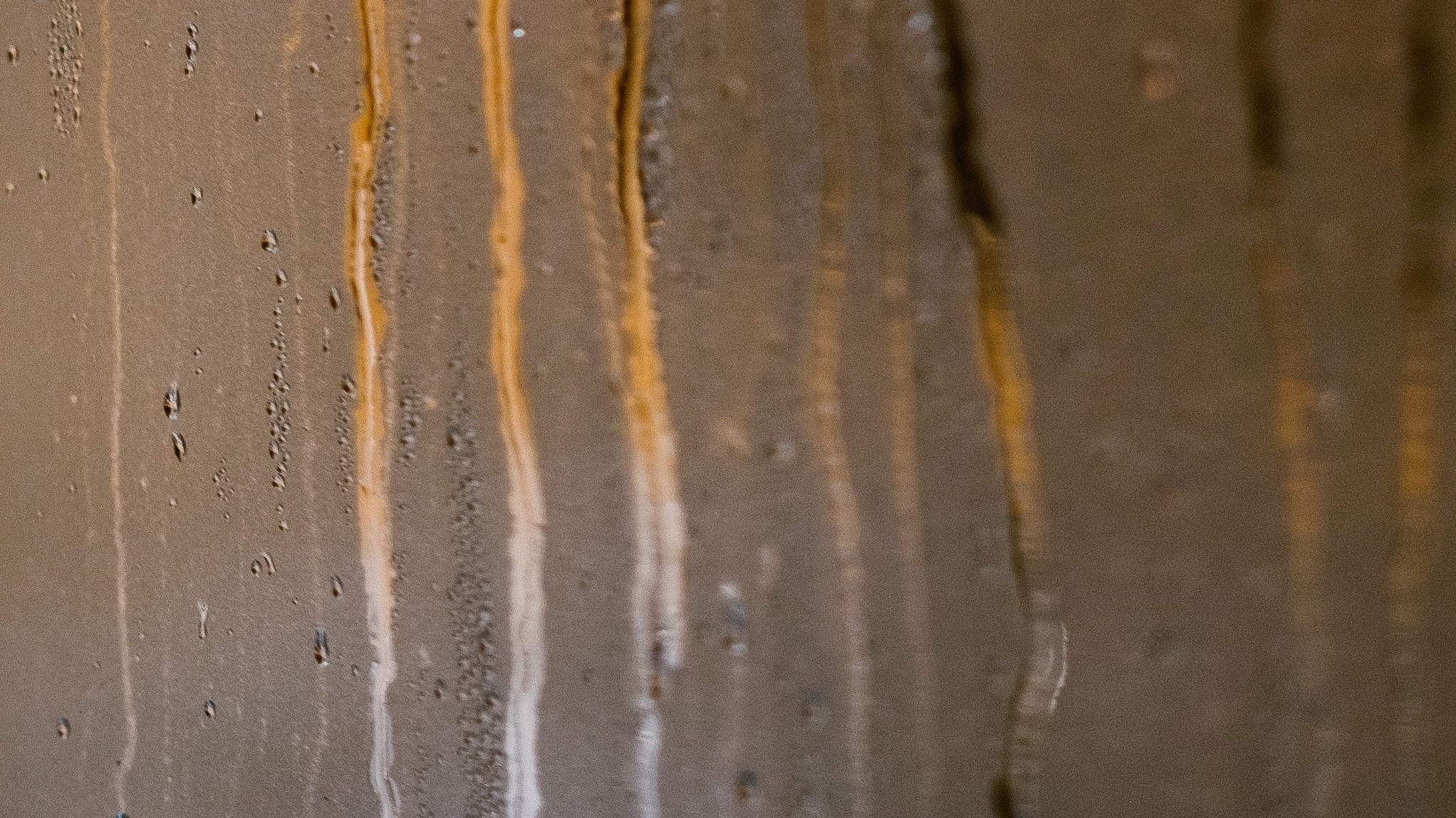Formulate user Noah has a winter skincare question:
Are humidifiers helpful for acne? I've been told by friends that the dry winter air is bad for my skin, which makes sense. I typically have acne flare ups once the weather gets cold. So can a humidifier help with this, or nah? I've also heard that humidifiers are really good for hydrating skin -- is that true? My skin is always so flakey and dry during the winter. And are there any specific humidifiers that are best for the skin, or are they all basically the same? Thanks in advance!"
Thanks for your question, Noah!
Dermatologist/product consultant Dr. Paula Morgan says that yes, humidifiers can sometimes be helpful for acne. Pimples are caused by bacteria, and a good humidifier can help the skin maintain its protective barrier: "A humidifier can help someone with acne because it increases the humidity in the air which is good for fighting against bacteria. With higher levels of humidity in the air, your skin stays hydrated and protected. It also helps prevent against dehydration, which is a big cause of acne in the first place, along with bacteria."
Dr. Rizza Mira agrees -- she says that humidifiers can be super useful for maintaining hydration in the skin. "Humidifiers are now known for their ability to add moisture to the air, which can aid in the treatment of common skin problems. Humidifiers add moisture to the air and keep your skin, your body's biggest organ system, from excess dryness." According to Dr. Mira, humidifiers can be useful for other skin concerns, besides acne: "Because we lose more moisture from our skin in dry environments, humidifiers can help with dry skin and eczema."
Although both Dr. Morgan and Dr. Mira agree that humidifiers can be helpful, they recommend that you use it as an additive to your pre-existing skincare regime. Per Dr. Morgan: "There are a few things that should be mentioned before you run off and buy a humidifier. While they will help the skin fight against acne, it is not a cure-all. Humidifiers should be used in conjunction with other acne treatments, such as topical creams or antibiotics prescribed by a doctor." Dr. Mira adds, "Steaming using a high concentration of warm water helps with acne because it opens the pores. This will not cure acne, but opening the pores prepares the skin for topical treatments. In this way, there is better absorption of acne-reducing products."
Dr. Mira also cautions that you will not want to use your humidifier as your only way of hydrating your skin. "It is critical to use creams and moisturizers daily to rehydrate the skin. Humidifiers, like hyaluronic acid moisturizers, are adjuncts to skincare; they aid in locking in moisture." So don't throw out your moisturizer just yet -- even if you get the fanciest humidifier on the market, it won't solve all your skincare woes in one fell swoop.

And speaking of buying a fancy humidifier, Dr. Morgan recommends that you do your research before you make a purchase. "Another thing to keep in mind is that you should be careful about the kind of humidifier you buy. Some humidifiers have been known to spread bacteria and other allergens into the air. Make sure to get a humidifier that is BPA-free and has a filter to help reduce the amount of bacteria in the air." And don't forget to change that filter regularly, once every one to three months. The more you use your humidifier, the more frequently you should change the filter. Humidifiers also need to be regularly cleaned, ideally once a week. This means removing mineral build up with vinegar or another cleaning solution, and disinfecting with a bleach solution. You'll also need to remember to thoroughly rinse the humidifier after cleaning -- letting the humidifier run when it's still got bleach in the tank is a definite no-no.
Dr. Mira says that size and power definitely matter when it comes to choosing a humidifier. "It's critical to find a humidifier that is the right size for the room. The goal is to achieve a humidity level of 30 to 50 percent. The skin and airways will dry out if the levels are too low. Bacteria, dust mites, and mold can grow if the levels are too high. This growth can aggravate asthma and eczema symptoms and potentially lead to infection." Lesson learned: with great humidifier power comes great humidifier responsibility.
Finally, as tempting as it might be, don't treat your humidifier like a two in one humidifier/facial steamer. Per Dr. Mira: "Also, a humidifier should be placed at least three feet away from the face. The humidifier should be set to release moisture into the air to feel the skin benefits all over the body."
Wanna learn more about the ins and outs of personal care? Here's what you should read next:
"My Hair Is Naturally Curly But Won't Curl Anymore"
5 tips for getting your natural curls back
Flyaway Hairs: How To Tame 'Em
Buh bye, flyaways!
Curly Hair & Humidity
Your how-to guide for dealing with curly hair in the humidity.
Oil Training Hair: Q&A With A Dermatologist
Everything you need to know about oil training your hair
Curling Hard To Curl Hair: A How-To Guide
Let's curl that hair!
Two different ways to straighten natural hair



